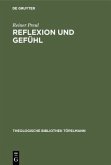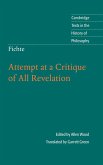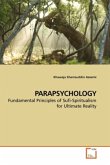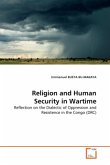The present analysis situates the thought of Søren
Kierkegaard in the context of the language and
categories proper to the philosophical world of
German Idealism and the Enlightenment. As emphasized
in contemporary research, Kierkegaard s stages are
not levels of consciousness of the Absolute,
mirroring God s self-awareness. The stages are shaped
by finite human existence, which strives towards
identity by successive interpretations of the self in
terms of normative presuppositions. Nevertheless, the
approach determining Kierkegaard s philosophy of
existence is itself immanent to an idealist method of
self-grounding. Such self-grounding is originally
conceptualized in Fichte s interpretation of Kant s
transcendental ego, with his radical attribution of
the inexplicable power of world-creation to
knowledge. The simultaneous crisis of the rational
world-construction, giving rise to the category of
religion as a challenge to the nihilism of purely
autonomous reason, is not due to the impact of new
ideas, but to an internal amplification of the
idealist philosophy of the self. The study aims to
emphasize and delineate this often-ignored
hermeneutic synthesis at play in Kierkegaard.
Kierkegaard in the context of the language and
categories proper to the philosophical world of
German Idealism and the Enlightenment. As emphasized
in contemporary research, Kierkegaard s stages are
not levels of consciousness of the Absolute,
mirroring God s self-awareness. The stages are shaped
by finite human existence, which strives towards
identity by successive interpretations of the self in
terms of normative presuppositions. Nevertheless, the
approach determining Kierkegaard s philosophy of
existence is itself immanent to an idealist method of
self-grounding. Such self-grounding is originally
conceptualized in Fichte s interpretation of Kant s
transcendental ego, with his radical attribution of
the inexplicable power of world-creation to
knowledge. The simultaneous crisis of the rational
world-construction, giving rise to the category of
religion as a challenge to the nihilism of purely
autonomous reason, is not due to the impact of new
ideas, but to an internal amplification of the
idealist philosophy of the self. The study aims to
emphasize and delineate this often-ignored
hermeneutic synthesis at play in Kierkegaard.








